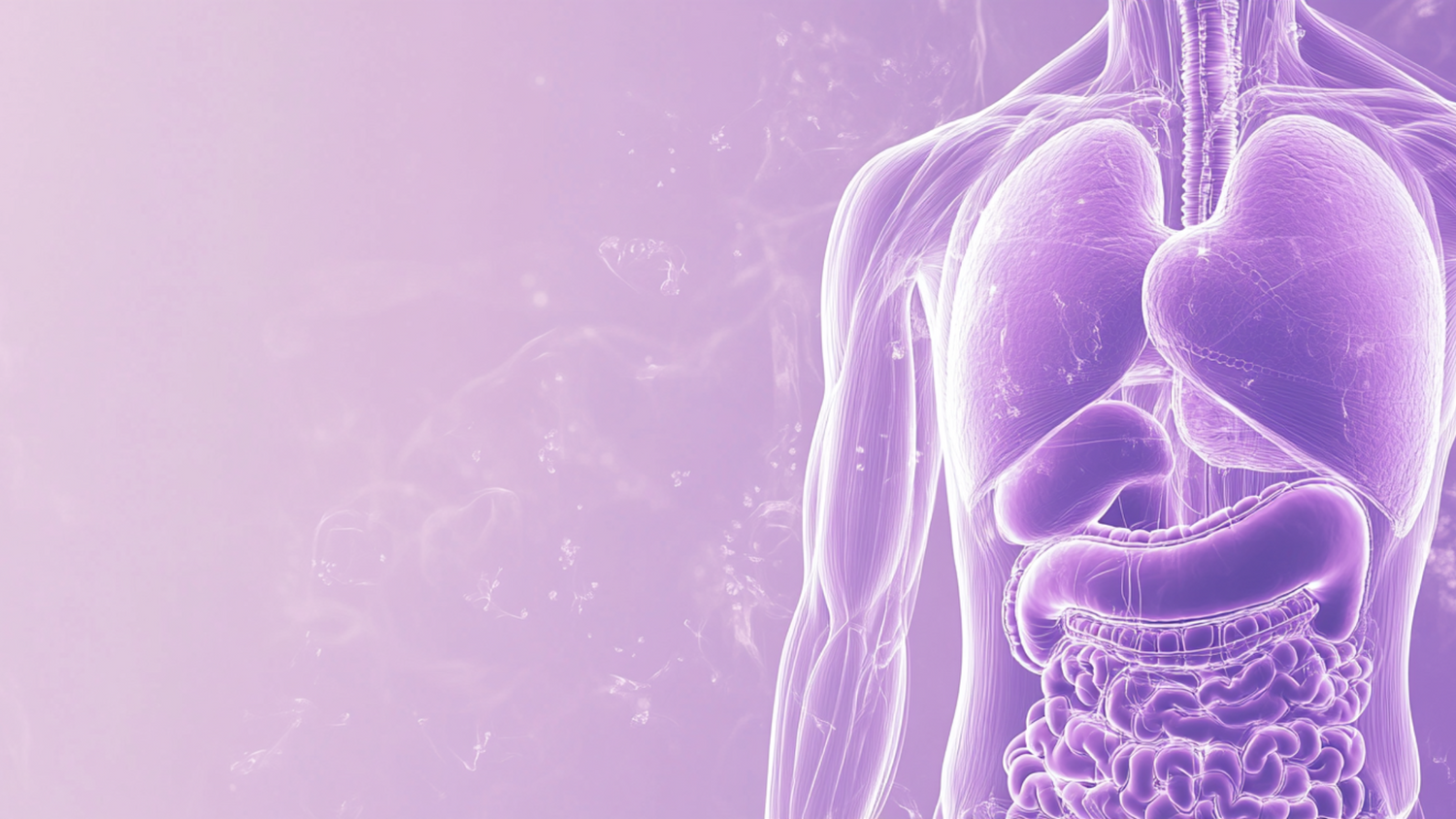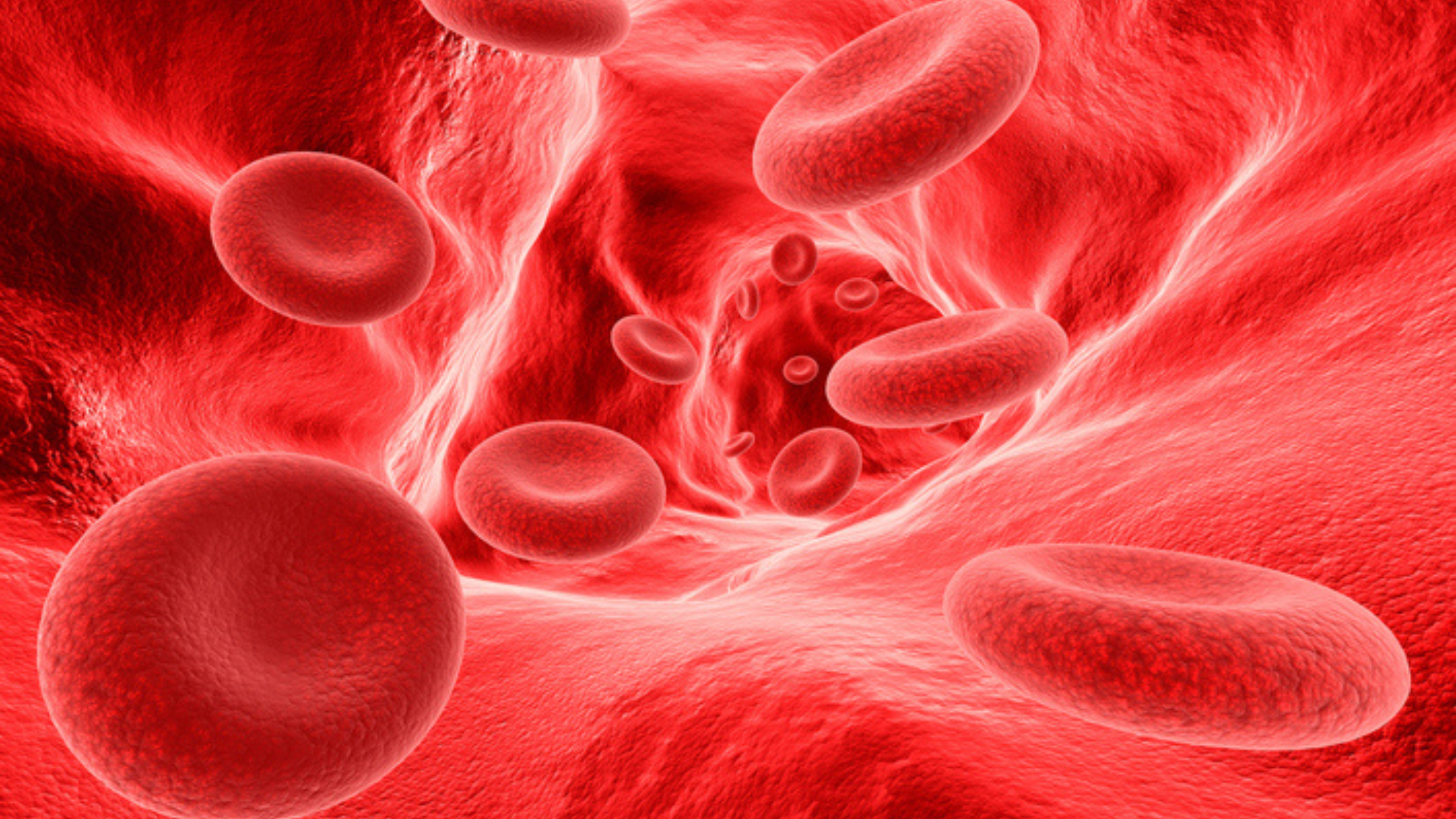Key Takeaways
- Your organs don’t age at the same rate – even within the same person, different organs can age faster or slower, influencing disease risk.
- Biological age is a better indicator of health than chronological age – new research suggests tracking organ-specific ageing could revolutionise disease prevention.
- Advanced testing may soon predict disease before symptoms appear – using machine learning and biomarker analysis, scientists are finding new ways to assess ageing at the organ level.
Did you know that your organs might not be ageing at the same rate as the rest of your body? You and a friend may be the same age on paper, but your biological ages – and the ageing of your heart, brain, and kidneys – could be significantly different. Scientists are now using cutting-edge technology to uncover how organ-specific ageing influences disease risk, longevity, and overall health (R).
Until recently, ageing was primarily tracked using chronological age – the number of years you’ve been alive. However, biological age, which considers the health and function of your body, is a far more accurate measure. Researchers are now taking this a step further by analysing how individual organs age. This research is revolutionising how we predict and prevent diseases before symptoms even appear.
Why Do Some People Age Faster Than Others?
If you’ve ever wondered why some people stay active and sharp well into their 80s while others develop chronic diseases earlier in life, the answer lies in biological ageing. Scientists have discovered that the speed of ageing isn’t uniform – it varies significantly between individuals and even between different organs in the same body.
Two people born on the same day may have completely different biological ages due to genetics, lifestyle, and environmental factors. Some may have youthful hearts but ageing kidneys, while others may experience early cognitive decline despite being physically fit. Understanding these variations is key to improving longevity and preventing age-related diseases (R).
How Do Your Organs Age Differently?
Each organ has its own biological clock, influenced by genetics, lifestyle, and environmental exposures. Some organs, like the heart and kidneys, are more vulnerable to accelerated ageing due to factors such as high blood pressure, inflammation, and metabolic dysfunction.
For example:
- The heart may age faster due to high cholesterol, poor diet, or lack of exercise (R).
- The kidneys often show signs of ageing earlier in people with diabetes or hypertension (R).
- The arteries play a major role in cognitive health, with arterial ageing linked to an increased risk of dementia (R).
Scientists are investigating whether accelerated ageing in one organ increases disease risk in others. Could a prematurely ageing heart raise your chances of developing kidney disease or dementia? The latest research is helping to answer these questions.

The NIH Study That’s Changing How We Measure Ageing
A groundbreaking study led by Dr. Tony Wyss-Coray at Stanford University, funded by the National Institutes of Health (NIH), has provided new insights into how our organs age. The study analysed gene activity and nearly 1,000 plasma proteins in over 5,600 adults, using machine learning to track ageing across 11 organs (R).
The key discovery? A significant portion of the population experiences accelerated ageing in at least one organ – but only a small percentage experience widespread organ ageing. This study highlights the potential of personalised medicine, where doctors could track organ-specific ageing to predict and prevent diseases before they develop.
Can Machine Learning Predict Your Biological Age?
With nearly 900 proteins identified as being specific to different organs, scientists have now trained machine learning models to estimate biological age more accurately than ever before. These algorithms can detect subtle changes in organ function that might not yet be causing symptoms but could predict future disease risk (R).

Imagine a future where a simple blood test could tell you if your liver, brain, or heart is ageing faster than the rest of your body. This could revolutionise disease prevention, allowing early interventions like lifestyle changes, medications, or even targeted therapies.
What Happens When an Organ Ages Too Fast?
One of the most striking findings from the NIH study is that about 20% of people experience accelerated ageing in at least one organ (R). The implications of this are significant, as organ-specific ageing was linked to an increased risk of chronic diseases:
- Kidney ageing was strongly associated with high blood pressure and diabetes.
- Heart ageing doubled the risk of heart failure over a 15-year period.
- Liver ageing increased the likelihood of metabolic disorders.
- Most organ-specific ageing was linked to a 15-50% higher risk of mortality.
For those with multiple ageing organs, the risks were even higher. However, these findings also provide hope – if we can detect early ageing in specific organs, interventions may help slow or even reverse some of these changes.
Brain Ageing and the Risk of Alzheimer’s Disease
Brain ageing is particularly concerning, as cognitive decline can begin decades before noticeable symptoms appear. Scientists in this study found that certain proteins associated with brain ageing could predict Alzheimer’s disease progression (R).
One key marker was pTau-181, a protein linked to Alzheimer’s. People with high levels of both brain-ageing proteins and pTau-181 had a much higher risk of developing dementia. This suggests that future blood tests could help detect Alzheimer’s years before symptoms emerge, offering a crucial window for early intervention.
How Arterial Ageing Affects Cognitive Decline
Ageing isn’t just about your brain – the health of your arteries plays a crucial role too. The study found that proteins linked to arterial ageing were strongly associated with mild cognitive impairment (R).
This aligns with existing research showing that poor vascular health increases the risk of dementia. When arteries stiffen and blood flow to the brain decreases, cognitive decline can accelerate. Lifestyle changes that support heart health – like exercise, a Mediterranean diet, and blood pressure control – may also protect your brain from ageing (R).

How This Research Could Transform Healthcare
The ability to measure organ-specific biological age could soon become a powerful tool for disease prevention. Imagine going for a routine blood test and receiving a personalised ageing report, highlighting which organs need the most attention.
While this technology isn’t ready for clinical use yet, researchers believe that tracking ageing at the organ level could become a standard part of preventive medicine in the near future. It could help doctors intervene before disease symptoms appear, offering tailored lifestyle advice, supplements, and treatments to slow ageing where it matters most.
The Future of Longevity Science: What You Can Do Now
Although machine learning models and blood tests for organ ageing aren’t widely available yet, there’s plenty you can do right now to protect your organs:
- Support your heart by exercising regularly and managing stress.
- Keep your brain sharp with mental challenges, social interaction, and a nutrient-rich diet.
- Protect your kidneys and liver by avoiding excessive alcohol, reducing processed foods, and staying hydrated.
- Boost arterial health with omega-3s, fibre, and blood sugar control.
As research advances, personalised ageing tracking could become part of everyday healthcare. By taking care of your organs now, you’re investing in a longer, healthier future.
For more on how to support healthy ageing and longevity, check out our blog: How to Stay Young: Secrets of Healthy Ageing.





